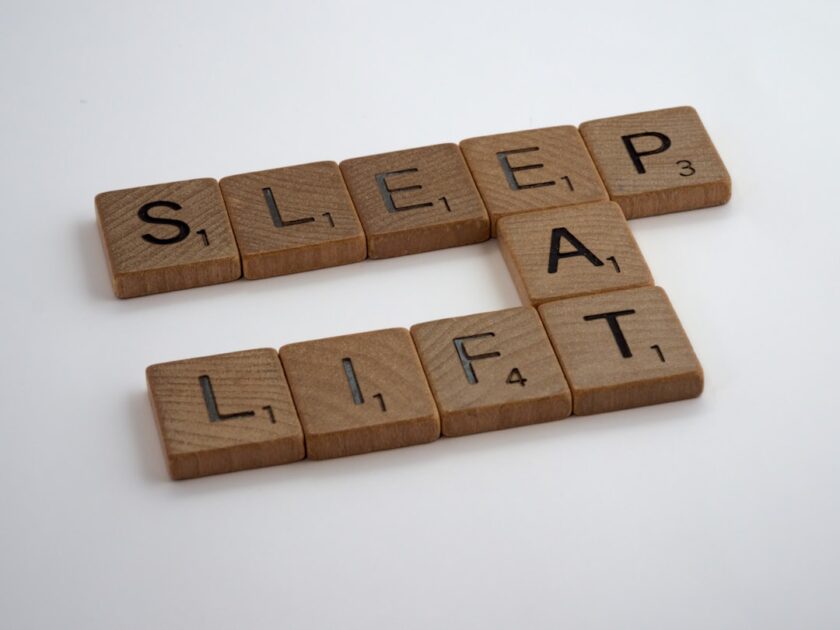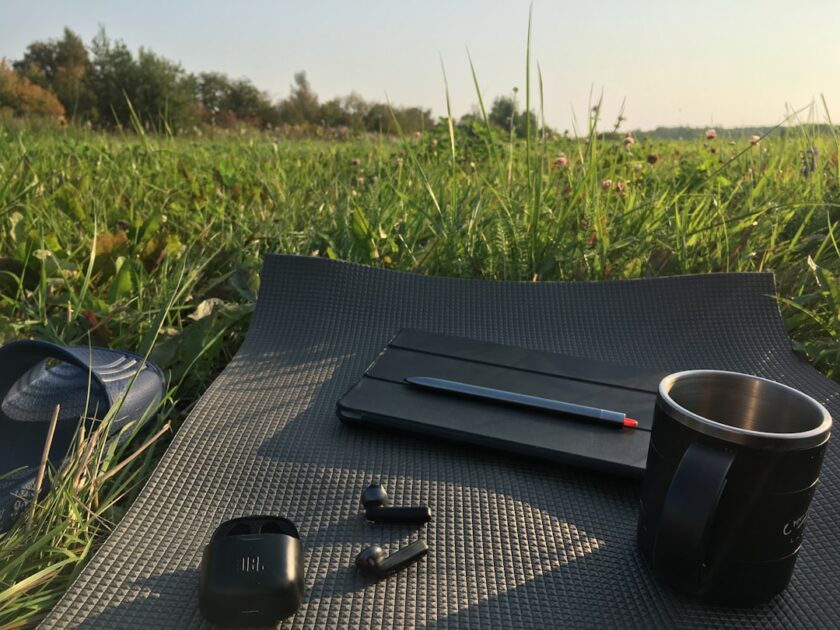Understanding Sleep: Why It Matters
Sleep is crucial for overall health. It affects our physical health, emotional well-being, and cognitive functions. Yet, a significant number of people struggle with sleep-related issues. Understanding how sleep works is the first step in improving it naturally.
Stages of Sleep
Sleep consists of several stages, including:
- Non-REM Sleep: Composed of three stages leading from light sleep to deep sleep.
- REM Sleep: The stage where dreaming occurs, important for learning and memory.
Each stage plays a vital role in physical restoration, brain function, and emotional regulation.
Identifying Sleep Issues
Before diving into natural solutions, it’s essential to identify what might be keeping you awake. Common sleep disturbances include:
- Insomnia
- Sleep apnea
- Restless legs syndrome
- Frequent awakenings
Understanding your specific sleep challenges can guide you toward the most effective natural remedies.
Natural Ways to Improve Sleep Quality
1. Establish a Consistent Sleep Schedule
Going to bed and waking up at the same time every day strengthens your body’s sleep-wake cycle. Here are a few tips to maintain a schedule:
- Set a fixed bedtime and wake time, even on weekends.
- Gradually adjust your sleep schedule by 15-30 minutes to find your ideal routine.
- Limit naps during the day to avoid disrupting nighttime sleep.
2. Create a Restful Environment
Your sleep environment is crucial for quality rest. Consider the following aspects:
- Temperature: Maintain a cool room, ideally between 60 to 67 degrees Fahrenheit.
- Light: Use blackout curtains to block outside light and consider removing electronic devices that emit blue light.
- Noise: Use earplugs or white noise machines to mask disruptive sounds.
3. Mindful Evening Routines
Creating a calming pre-sleep routine signals your body that it’s time to relax:
- Avoid screens: Limit exposure to devices at least an hour before bed.
- Relaxation Techniques: Try meditation, deep breathing, or gentle yoga to unwind.
- Reading: Consider reading a book (preferably not on a screen) to ease your mind.
4. Watch Your Diet
What you eat can significantly influence your sleep quality. Here are dietary tips to consider:
- Avoid large meals: Don’t eat heavy meals close to bedtime.
- Limit caffeine and nicotine: Both can disrupt sleep patterns, especially if consumed in the afternoon or evening.
- Hydration: Stay hydrated, but limit water intake before bed to minimize nighttime bathroom trips.
5. Exercise Regularly
Engaging in physical activity can help regulate sleep patterns. Here’s how to incorporate exercise:
- Timing: Aim for at least 30 minutes of moderate exercise most days, but avoid vigorous workouts close to bedtime.
- Types of Exercise: Incorporate a mix of cardiovascular, strength, and flexibility training to benefit sleep.
6. Herbal Remedies and Supplements
Several natural remedies can help promote sleep:
- Melatonin: A hormone that regulates sleep-wake cycles; consider supplements under a healthcare provider’s guidance.
- Valerian Root: Traditionally used for insomnia; available in teas or capsules.
- Chamomile Tea: Known for its calming effects, particularly beneficial as a pre-sleep ritual.
Managing Stress and Anxiety
High levels of stress and anxiety can adversely affect sleep. Here are some strategies to help manage these feelings:
- Meditation: Spend a few minutes in meditation before bed.
- Journaling: Write down thoughts or worries to clear your mind.
- Cognitive Behavioral Therapy (CBT): A professional can help tackle persistent insomnia through structured therapy.
When to Seek Professional Help
If you’ve tried these strategies and still struggle with sleep, it may be time to consult a healthcare professional. Conditions such as sleep apnea or chronic insomnia might require medical intervention.
Conclusion: Embrace Better Sleep Naturally
Improving your sleep naturally takes dedication but can significantly enhance your well-being. By establishing consistent routines, optimizing your sleep environment, making dietary adjustments, and practicing relaxation techniques, you can pave the way for more restful nights and energized days. Remember, the journey to better sleep is a personal one—experiment with different strategies to find what works best for you.



